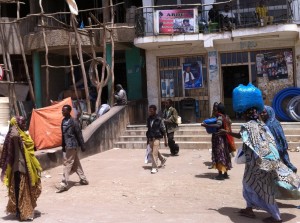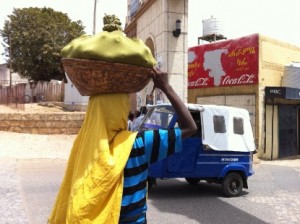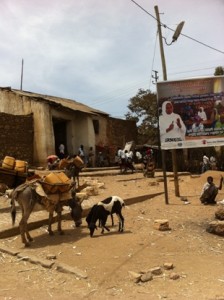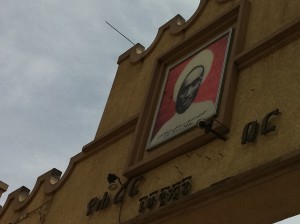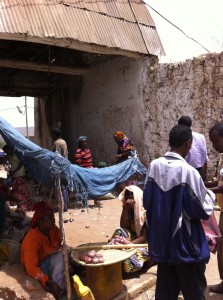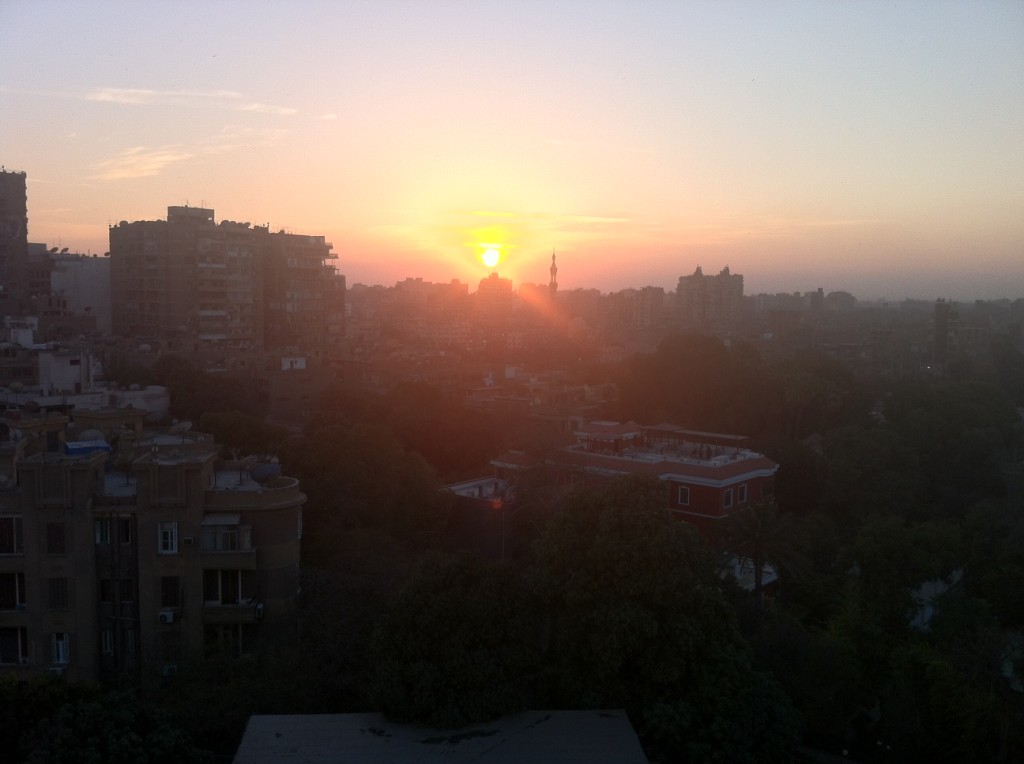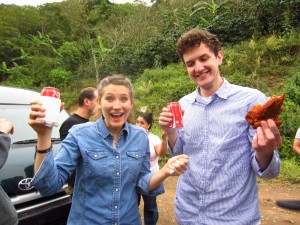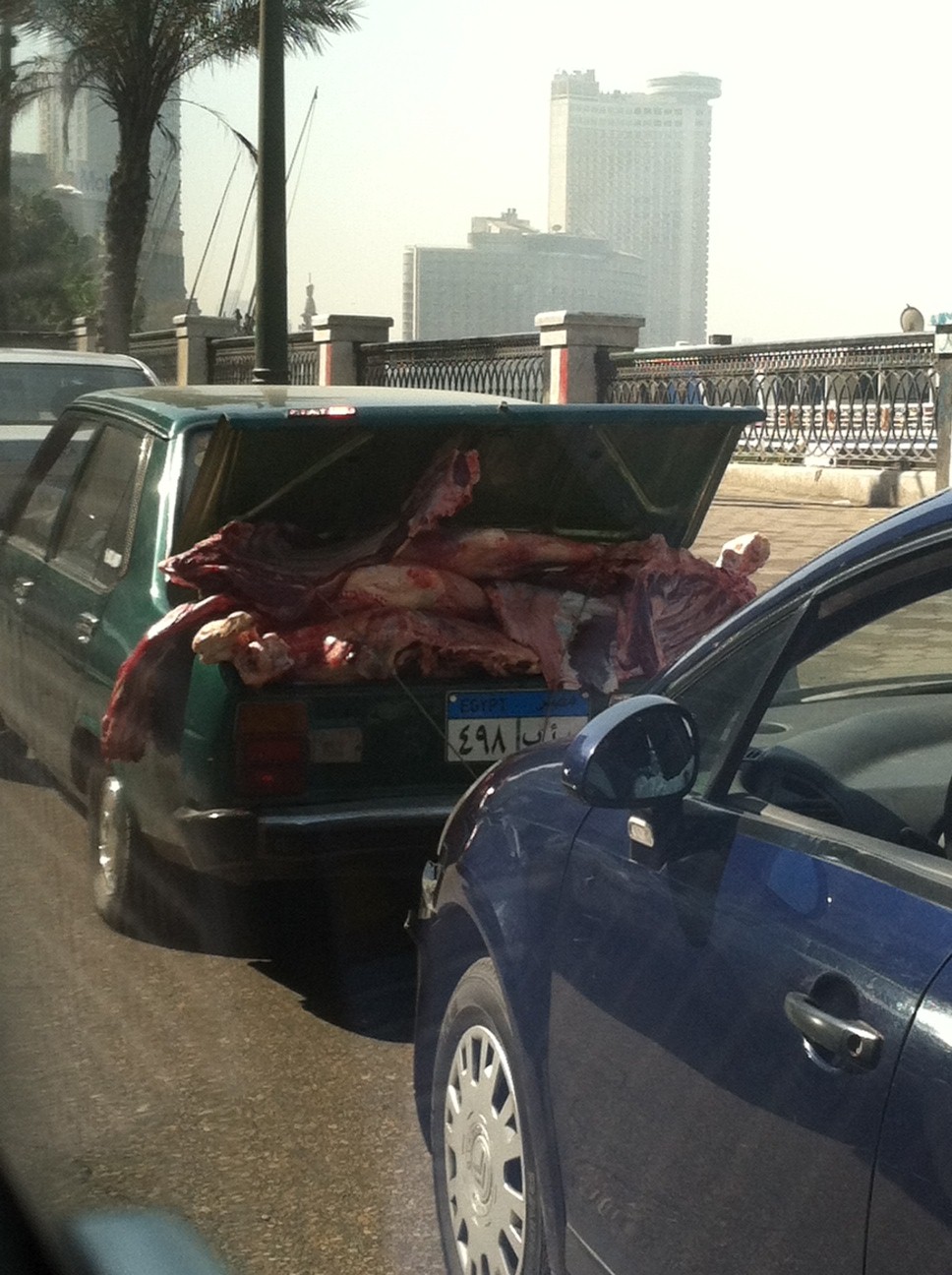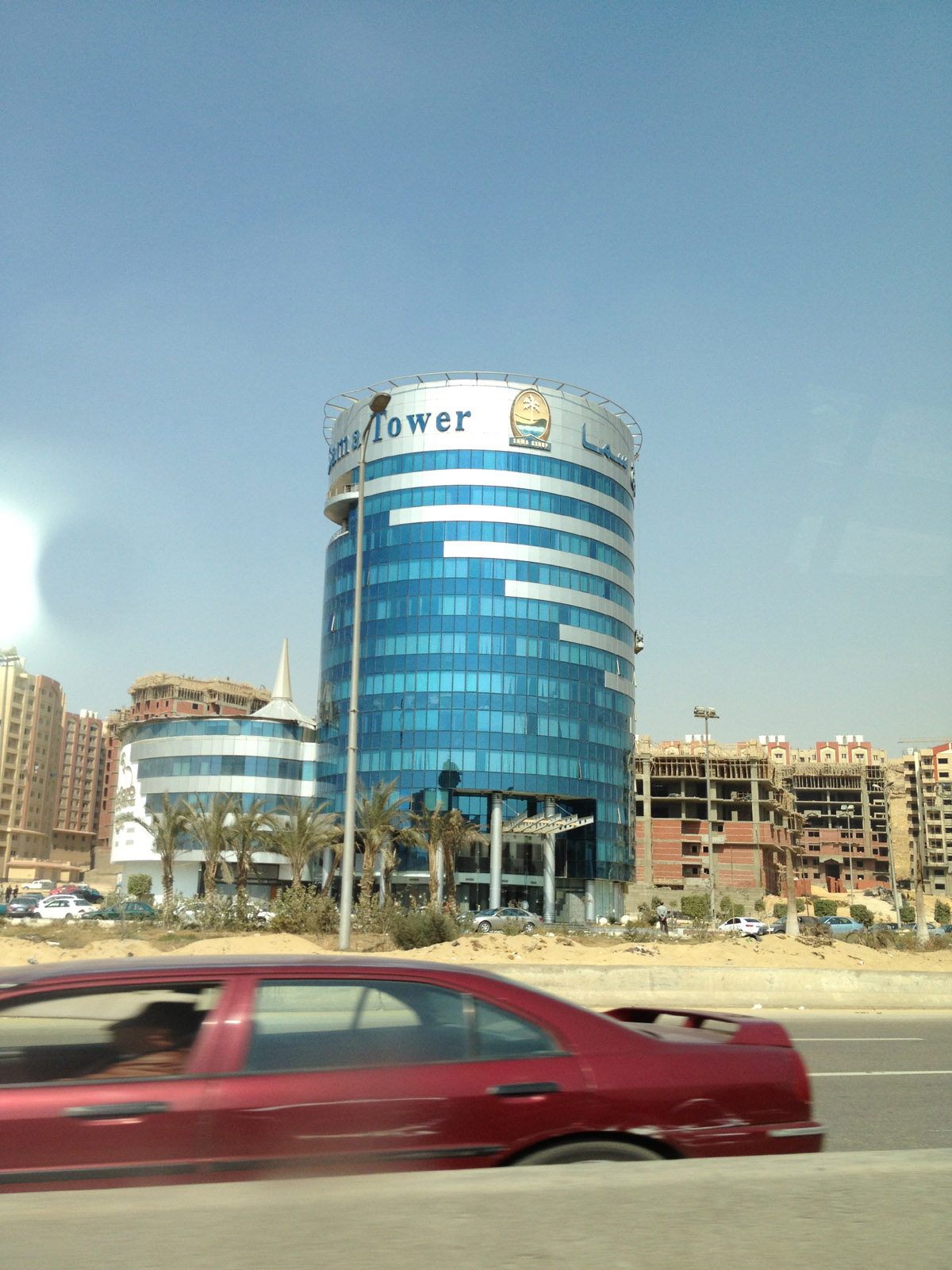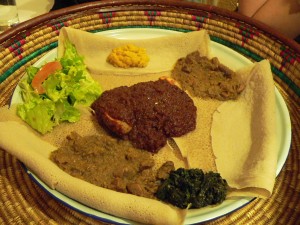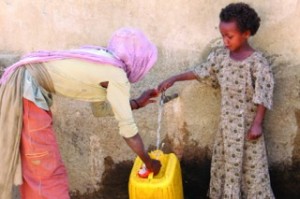[Author’s note: due to technical difficulties at the bishop’s house this post is a day late…and this is Team Philippines]
Despite what those back home think the Business on the Frontlines experience isn’t all glamour. Yesterday (now 2 yesterdays ago) we (Team 1: Carole, Lidet, Drew) spent 8-10 hours in meetings and travel and today we were in meetings for 5-6 hours plus 3 hours of bumpy road travel. Still an amazing opportunity and none of us would trade it for the world (well, maybe the world).
Earlier today (again, now yesterday) we had to say goodbye to our lovely friends in Team 2 (SuHan, Chris, Lerato) as they headed to Marbel (4+ hours of travel) while we came to Kidapawan. We already miss them so…
Our original schedule called for us to have a dinner meeting with the Bishop De La Cruz and Fr Gus then adjourn to our hotel. However, Bishop De La Cruz insisted we stay with him so tonight we are all squirreled away in rooms at the Bishop’s House. I have to admit that is pretty glamorous and I think we’ll all check this off our bucket lists. Dinner was a lovely affair with a giant lazy susan and plenty of great eats: tuna steaks, beef & broccoli, chicken soup, etc… plus good company. Both the mango and pineapple were excellent and we had durian fruit (smells like hell, tastes like heaven) ice cream for dessert. Tomorrow we’ve been promised the best cup of coffee of our lives. We’ll see if it lives up to the hype (Drew from the future says it was really good but not the best). On a side note, the access and welcome we’ve had with CRS have been phenomenal and we owe them many debts of thanks.
Beyond the good eats and gracious hospitality, today was an eye opening experience and potentially the most emotionally exhausting of the week (at least for me). We spent almost 3 hours this morning with 2 representatives from an indigenous group in Zamboanga [Google Map this] who had traveled 2 days(!) by bus to meet with us. They shared with us a multi-layered morass of deceit, violence, conflict and desperation. Basically their homeland had been turned into a warzone, their elders coerced into corruption and their people so frightened that they set aside budget to arm both women and children. Local government is useless because their 19 police officers are no match for the 300+ private security forces amassed by various players including government forces, ex military officers and the NPA, an armed communist rebel group. One last hope lay before them: finalizing a document through the government that would give them some legal basis for evicting people from their land. The situation was so hopeless it was almost comical: for levity we all joked about how the real issue here was the outrageous inflation that had taken Coke from 20 pesos to 65 pesos.
We talked in Innovation about gaining empathy as a way of truly understanding a problem and finding excellent solutions. I can think of no way in which I could understand how a person in this situation feels: violence is a daily fact of life and there are no options for leaving. If you speak out you get shot and if you keep quiet you might get shot anyways. How can we hope to truly understand that life? How do you fix such a seemingly intractable problem? What role can business play in creating peace where up to now it has only created chaos?
For every dark cloud there is a silver lining (or rainbow or whatever) and today we found a bit of that. Through our discourse with the Bishop and Fr Gus we discovered that it is possible to do mining responsibly. Not only that, there is a great example right here in the Philippines. This Filipino-owned mine makes a nice profit, pays royalties to the various levels of government, and has setup a blind trust to manage the royalty stream for the barangay (village) so that they are only spending the interest, not the principle, on smart infrastructure projects. Our team is excited to follow up on this and see how this mine and profit sharing system could potentially be used as a model for the nation. Plus the guy running the whole thing, David M Consunji, has survived 4 plane crashes, including one where he landed the plane himself. Empowering people one day, defying death the next….awesome.
So what’s the take away here? We really are doing Business on the Frontlines; people are dying every day here. We know it’s not a problem we’ll be able to solve in 2 weeks but we have the chance to make at least a small difference….and that’s pretty cool.
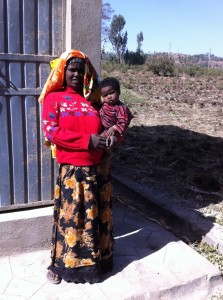 Some 50 miles from Neyemz’s co-op down the windy cliff-heavy road we arrived in infamous Harer to interview Marmaya University and CISP staff (both organizations help HCS implement development and aid projects). Harer is surrounded by a gate that our HCS partner said was built some 500 years ago as protection from domestic enemies and is host to hyena’s that eat food out of your mouth (we plan to test out this rumor on Sunday), diverse trade, and, as per most of Ethiopia, a great deal of poverty and drug abuse (chat being the poison of choice). As visuals tell a story better than any words in this case, we’ll let the pics below speak for themselves.
Some 50 miles from Neyemz’s co-op down the windy cliff-heavy road we arrived in infamous Harer to interview Marmaya University and CISP staff (both organizations help HCS implement development and aid projects). Harer is surrounded by a gate that our HCS partner said was built some 500 years ago as protection from domestic enemies and is host to hyena’s that eat food out of your mouth (we plan to test out this rumor on Sunday), diverse trade, and, as per most of Ethiopia, a great deal of poverty and drug abuse (chat being the poison of choice). As visuals tell a story better than any words in this case, we’ll let the pics below speak for themselves.
